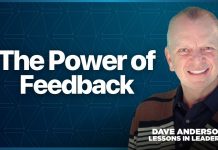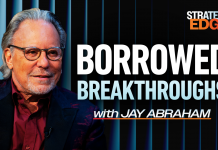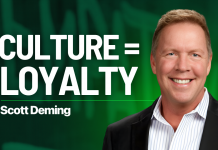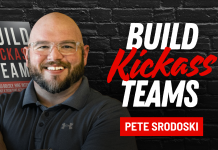The language we use has a daily impact on the people and places around us. What if we select words that are more meaningful and impactful? Would we be more likely to achieve the outcomes we desire? Jonah Berger, a professor at the Wharton School and an internationally bestselling author, will be joining us on The Small Business Show to discuss some concepts from his book, Magic Words: What to Say to Get Your Way.

Key Takeaways
1. Berger introduces a framework spelled out by the acronym “SPEACC,” which stands for the language of Similarity and Difference, Posing Questions, Emotion, Agency and Identity, Certainty, and Concreteness. Each type of language is grounded in psychology and behavioral science principles, making it a powerful tool for persuasion.
2. Language does more than convey information; it shapes identity. Berger explains how framing actions as opportunities to affirm one’s identity (e.g., asking someone to “be a helper” instead of just “help”) can significantly increase the likelihood of them following through.
3. Instead of filling gaps in conversation with fillers like “um” or “uh,” Berger suggests that taking a brief pause can make you appear more thoughtful and certain, thereby enhancing your persuasiveness.
4. Questions are not just tools for gathering information—they can shape perceptions and guide decisions. Berger highlights how asking targeted questions can influence behavior by motivating individuals to respond consistently.
5. The words people use in everyday communication, whether in emails or loan applications, can reveal deep insights into their future actions. Berger emphasizes how organizations can leverage this language data for better decision-making and outcomes.
"The outcome we desire is often just a few words away. By understanding and harnessing the power of language, we can shape behavior, influence decisions, and ultimately, get our way." - Jonah Berger.







